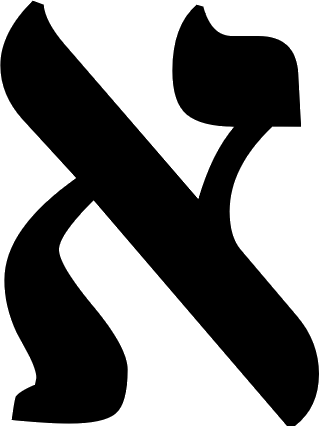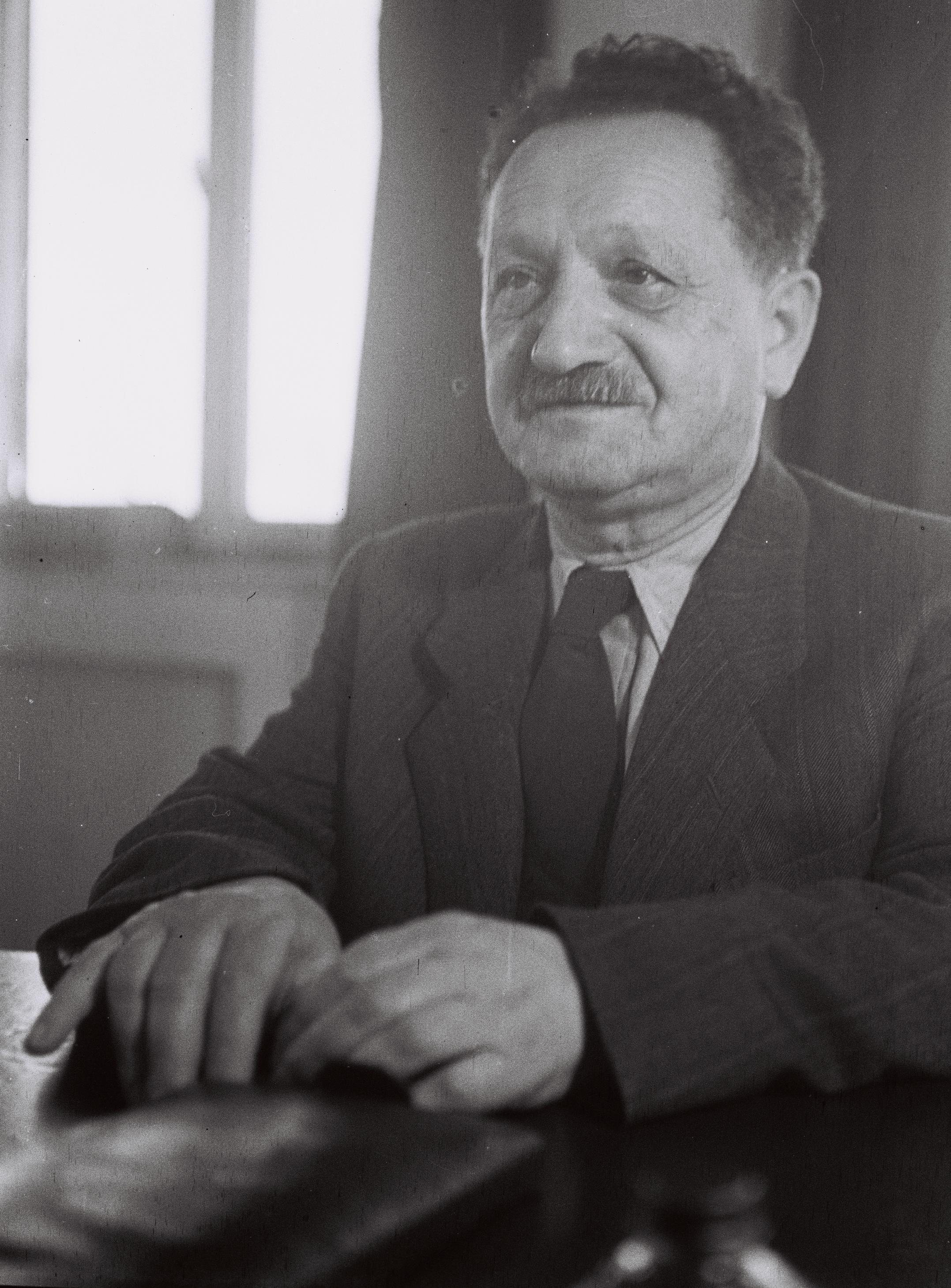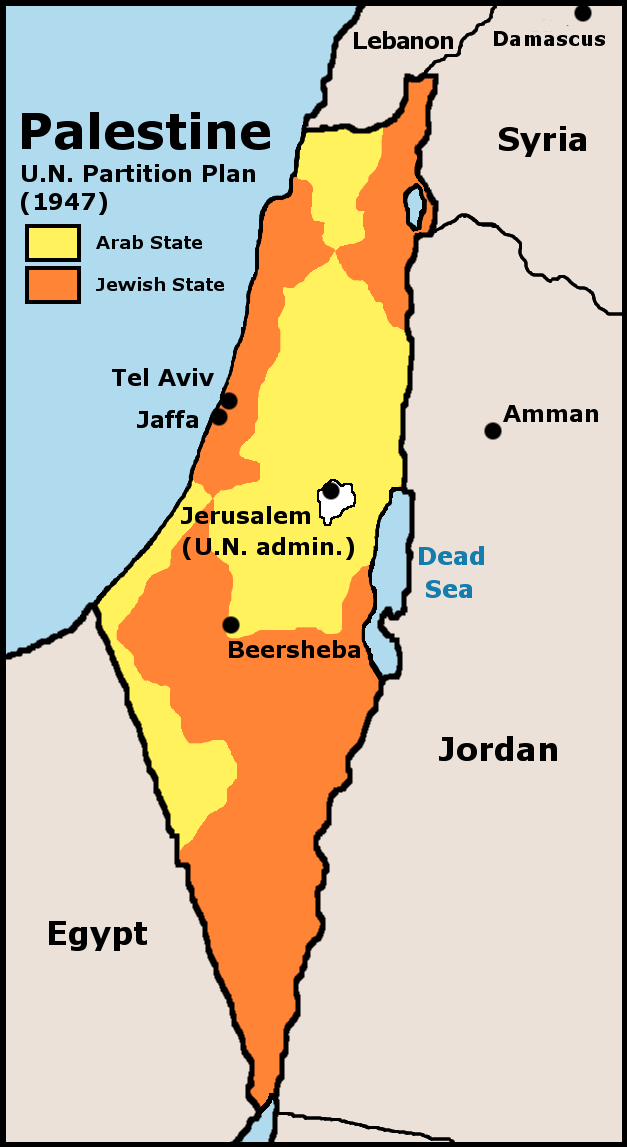|
1963 Israeli Presidential Election
An election for President of Israel was held in the Knesset on 21 May 1963 following the death of the county's second president, Yitzhak Ben-Zvi on 23 April. Between Ben-Zvi's death and the winner of the election, Zalman Shazar, taking office on the day of the vote, Knesset speaker Kadish Luz served as acting president. Candidates There were two candidates: * Zalman Shazar: A member of the Knesset for Mapai, and former Minister of Education and editor of the Davar newspaper. * Peretz Bernstein: A member of the Knesset for the Liberal Party, former Minister of Trade and Industry and a signatory of the Israeli declaration of independence. Results The election was settled in the first round, with Shazar gaining an outright majority of votes in the 120-seat Knesset. External links Presidential electionsKnesset website {{Authority control 1963 elections in Israel Presidential election 1963 Events January * January 1 – Bogle–Chandler case: Commonwealt ... [...More Info...] [...Related Items...] OR: [Wikipedia] [Google] [Baidu] |
Zalman Shazar
Zalman Shazar ( he, זלמן שז"ר; born Shneur Zalman Rubashov; be, Шнэер За́льман Рубашо́ў; russian: Шне́ер За́лмен Рубашо́в; November 24, 1889 – October 5, 1974) was an Israeli politician, author and poet. Shazar served as the List of Presidents of Israel, third President of Israel for two terms, from 1963 to 1973. Biography He was born to a Hasidic family of the Chabad, Chabad-Lubavitch denomination in Mir, Belarus, Mir, near Minsk, in the Russian Empire (today in Hrodna Voblast, Belarus). His mother's family descended from Joel Sirkis. In his early years Shazar received a religious education. He remained involved with Chabad for the rest of his life, assisting Rabbi Yosef Yitzchok Schneersohn, the sixth Lubavitcher Rebbe in founding the village of Kfar Chabad, and at his behest, allowed the religious community in Israel to set up their own educational system. He later corresponded with the seventh Lubavitcher Rebbe Menachem Mend ... [...More Info...] [...Related Items...] OR: [Wikipedia] [Google] [Baidu] |
Peretz Bernstein
Peretz Bernstein ( he, פרץ ברנשטיין, born Shlomo Fritz Bernstein; 12 June 1890 – 21 March 1971) was a Zionist activist and Israeli politician and one of the signatories of the Israeli declaration of independence. Biography Bernstein was born in Meiningen in the German Empire. He moved to the Netherlands before World War I, where he worked in the grain trade. In 1917, he joined the Zionist Organization, serving as secretary and board member. In 1925, he became editor-in-chief of a Zionist weekly, a role he held until 1935, and between 1930 and 1934 served as the Zionist Organization's president. He emigrated to Mandate Palestine in 1936, and became editor of the HaBoker newspaper. He joined the Jewish Agency, and became a board member, serving as director of its economics department between 1946 and 1948. Bernstein was one of the people to sign Israel's declaration of independence on 14 May 1948, and was appointed Minister of Trade and Industry in the provision ... [...More Info...] [...Related Items...] OR: [Wikipedia] [Google] [Baidu] |
Yitzhak Ben-Zvi
Yitzhak Ben-Zvi ( he, יִצְחָק בֶּן־צְבִי ''Yitshak Ben-Tsvi''; 24 November 188423 April 1963) was a historian, Labor Zionism, Labor Zionist leader and the longest-serving President of Israel. Biography Born in Poltava in the Russian Empire (today in Ukraine), Ben-Zvi was the eldest son of Zvi Shimshelevich, who later took the name ''Shimshi''. A member of the B'ne Moshe and Hoveve Zion movements in Ukraine, he was (with Theodor Herzl) one of the organizers of the first Zionist Congress in Basel, Switzerland, in the fall of 1897. At that Congress the World Zionist Organization was founded, and the intention to re-establish a Jewish state was announced. Shimshi was the only organizer of the first Zionist Congress to live to see the birth of the modern State of Israel in 1948. On 10 December 1952, Zvi Shimshi was honored by the first Israeli Knesset (parliament) with the title "Father of the State of Israel". Yitzhak Ben-Zvi's parents were banished to Siberia fo ... [...More Info...] [...Related Items...] OR: [Wikipedia] [Google] [Baidu] |
Mapai
Mapai ( he, מַפָּא"י, an acronym for , ''Mifleget Poalei Eretz Yisrael'', lit. "Workers' Party of the Land of Israel") was a democratic socialist political party in Israel, and was the dominant force in Israeli politics until its merger into the modern-day Israeli Labor Party in 1968. During Mapai's time in office, a wide range of progressive reforms were carried out, as characterised by the establishment of a welfare state, providing minimum income, security, and free (or almost free) access to housing subsidies and health and social services. History The party was founded on 5 January 1930 by the merger of the Hapoel Hatzair founded by A. D. Gordon and the original Ahdut HaAvoda (founded in 1919 from the right, more moderate, wing of the Zionist socialist Poale Zion led by David Ben-Gurion). In the early 1920s the Labor Zionist movement had founded the Histadrut Union, which dominated the Hebrew settlement economy and infrastructure, later making Mapai the dominant polit ... [...More Info...] [...Related Items...] OR: [Wikipedia] [Google] [Baidu] |
President Of Israel
The president of the State of Israel ( he, נְשִׂיא מְדִינַת יִשְׂרָאֵל, Nesi Medinat Yisra'el, or he, נְשִׂיא הַמְדִינָה, Nesi HaMedina, President of the State) is the head of state of Israel. The position is largely a ceremonial role, with executive power vested in the cabinet led by the prime minister. The incumbent president is Isaac Herzog, who took office on 7 July 2021. Presidents are elected by the Knesset for a single seven-year term. Election The President of Israel is elected by an absolute majority in the Knesset, by secret ballot. If no candidate receives an absolute majority of votes in the first or second round of voting, the candidate with the least votes is eliminated in each subsequent round, if needed until only two remain. From 1949 to 2000, the president was elected for a five-year term, and was allowed to serve up to two terms in office. Since 2000, the president serves a single seven-year term. Any Israeli residen ... [...More Info...] [...Related Items...] OR: [Wikipedia] [Google] [Baidu] |
Knesset
The Knesset ( he, הַכְּנֶסֶת ; "gathering" or "assembly") is the unicameral legislature of Israel. As the supreme state body, the Knesset is sovereign and thus has complete control of the entirety of the Israeli government (with the exception of checks and balances from the courts and local governments). The Knesset passes all laws, elects the president and prime minister (although the latter is ceremonially appointed by the President), approves the cabinet, and supervises the work of the government, among other things. In addition, the Knesset elects the state comptroller. It also has the power to waive the immunity of its members, remove the president and the state comptroller from office, dissolve the government in a constructive vote of no confidence, and to dissolve itself and call new elections. The prime minister may also dissolve the Knesset. However, until an election is completed, the Knesset maintains authority in its current composition. [...More Info...] [...Related Items...] OR: [Wikipedia] [Google] [Baidu] |
List Of Knesset Speakers
The Speaker of the Knesset ( he, יוֹשֵׁב רֹאשׁ הכנסת, Yoshev Rosh HaKnesset, Chairman of the Knesset) is the presiding officer of the Knesset, the Unicameralism, unicameral legislature of Israel. The Speaker also acts as President of Israel when the President is incapacitated. The current speaker is Yariv Levin, who was elected on 13 December 2022. To date, Ahdut HaAvoda's Nahum Nir and Blue and White (political alliance), Blue & White's Benny Gantz are the only Speakers not to have come from the ruling party, though in two cases (Avraham Burg and Reuven Rivlin) the party of the speaker (One Israel and Likud respectively) lost power during their term. The speaker is expected to act in a non-partisan nature, but may occasionally take part in debates, and is allowed to vote. The speaker is assisted by a number of ''Deputy Speakers of the Knesset'' (currently 4). The Deputy Speakers are drawn from the breadth of parties represented in the Knesset. Together, the Spe ... [...More Info...] [...Related Items...] OR: [Wikipedia] [Google] [Baidu] |
Kadish Luz
Kadish Luz ( he, קַדִּישׁ לוּז, born Kadish Luzinski; 10 January 1895 – 4 December 1972) was an Israeli politician who served as Minister of Agriculture between 1955 and 1959 and Speaker of the Knesset from 1959 and 1969. Knesset website Biography Luz was born in 1895 in in the (today in ) to Zvi Luzinski and Esther Seldovitch. He served in the |
Education Minister Of Israel
The Ministry of Education ( he, מִשְׂרָד הַחִנּוּךְ, translit. ''Misrad HaHinukh''; ar, وزارة التربية والتعليم) is the branch of the Israeli government charged with overseeing public education institutions in Israel. The department is headed by the Minister of Education, who is a member of the cabinet. The ministry has previously included culture and sport, although this is now covered by the Ministry of Culture and Sport. History In the first decade of statehood, the education system was faced with the task of establishing a network of kindergartens and schools for a rapidly growing student population. In 1949, there were 80,000 elementary school students. By 1950, there were 120,000 - an increase of 50 percent within the span of one year. Israel also took over responsibility for the education of Arab schoolchildren. The first minister of education was Zalman Shazar, later president of the State of Israel. Since 2002, the Ministry of E ... [...More Info...] [...Related Items...] OR: [Wikipedia] [Google] [Baidu] |
Davar
''Davar'' ( he, דבר, lit. ''Word'') was a Hebrew-language daily newspaper published in the British Mandate of Palestine and Israel between 1925 and May 1996. It was relaunched in 2016, under the name ''Davar Rishon'' as an online outlet by the Histadrut. History ''Davar'' was established by Moshe Beilinson and Berl Katznelson, with Katznelson as its first editor, as the newspaper of the Histadrut. The first edition was published on 1 June 1925 under the name ''Davar – Iton Poalei Eretz Yisrael (lit. ''Davar – Newspaper of Eretz Yisrael Workers''). The paper was successful, and published several supplements, including ''Davar HaPoelet'' ('' emaleWorker's Davar'', a women's paper), ''HaMeshek HaShitufi'' (''Co-operative Economy''), ''Davar HaShvua'' (''Davar This Week'') and ''Davar LeYeldim'' (''Davar for Children''), as well as the union newsletter ''Va'adken'' (''Update''). By 1950 it had around 400 employees and had an extensive distribution system. Upon Katznelso ... [...More Info...] [...Related Items...] OR: [Wikipedia] [Google] [Baidu] |
Liberal Party (Israel)
The Israeli Liberal Party ( he, המפלגה הליברלית הישראלית, Miflaga Libralit Yisraelit), also known as the Liberal Party in Israel ( he, המפלגה הליברלית בישראל, ''Miflaga Libralit BeYisrael'') was a political party in Israel and one of the forerunners of the modern-day Likud. The party was created by a 1961 merger between the centrist Progressive Party and the General Zionists, forming a right-leaning, middle class-based party. The Progressives soon seceded to form the Independent Liberals in 1964. History The Liberal Party had its roots in the General Zionists, centrists who sought to unify all Zionists without regard to socialist, revisionist, or religious leanings, and stressed industrial development and private enterprise. The group split into two wings in 1935: the majority, General Zionists A, led by Chaim Weizman, were on the left; General Zionists B were on the right. Both were made up of industrialists, merchants, landlords, wh ... [...More Info...] [...Related Items...] OR: [Wikipedia] [Google] [Baidu] |
Declaration Of Independence (Israel)
The Israeli Declaration of Independence, formally the Declaration of the Establishment of the State of Israel ( he, הכרזה על הקמת מדינת ישראל), was proclaimed on 14 May 1948 ( 5 Iyar 5708) by David Ben-Gurion, the Executive Head of the World Zionist Organization, Chairman of the Jewish Agency for Palestine, and soon to be first Prime Minister of Israel. It declared the establishment of a Jewish state in Eretz-Israel, to be known as the State of Israel, which would come into effect on termination of the British Mandate at midnight that day. The event is celebrated annually in Israel with a national holiday Independence Day on 5 Iyar of every year according to the Hebrew calendar. Background The possibility of a Jewish homeland in Palestine had been a goal of Zionist organizations since the late 19th century. In 1917 British Foreign Secretary Arthur Balfour stated in a letter to British Jewish community leader Walter, Lord Rothschild that: His Majesty's ... [...More Info...] [...Related Items...] OR: [Wikipedia] [Google] [Baidu] |





.jpg)


